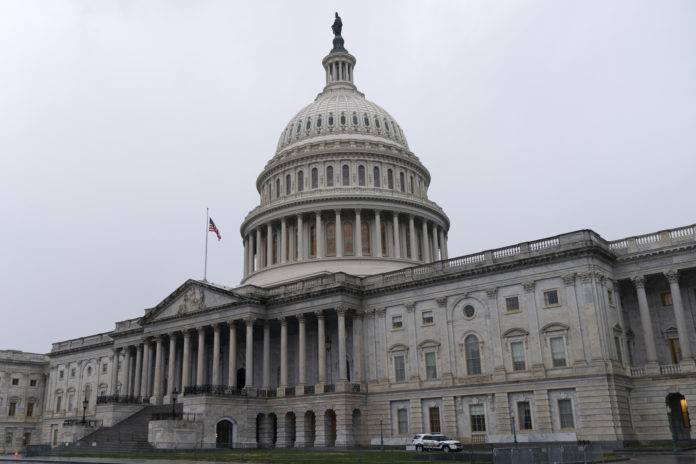Incumbent Mark Kelly (D), Blake Masters (R), and Marc Victor (L) are running in the general election for Arizona’s Class III U.S. Senate on November 8. As of August 2022, three independent race forecasters rated the race toss-up.
Kelly took office in December 2020 following a special election in November 2020. Before joining Congress, he served as a U.S. Navy pilot and astronaut with NASA. He and his wife, former U.S. Rep. Gabrielle Giffords (D), founded Americans for Responsible Solutions (now known as Giffords) in 2013. Kelly’s campaign has focused on bipartisan compromise and a willingness to work across the aisle.
“I’m focused on representing Arizonans – all Arizonans – and I’ll keep working with Republicans and Democrats to support hardworking families and get our economy back on track,” he said.
Kelly’s campaign website identified affordable health care, providing competitive educational opportunities, increasing wages to cover the cost of living, and funding federal benefits like Social Security and Medicare as policy goals in Washington.
Masters is a venture capitalist. He became president of the Thiel Foundation in 2015 and served as COO of Thiel Capital from 2018 to 2022.
Masters’ campaign website said he was running “because the same old establishment politicians and the same old establishment candidates have failed us. He brings a wealth of experience to the table on how to defeat not just the progressive Democrats, but also the weak and compromised RINO Republicans.”
Masters’ policy focuses are technology companies and China. He said that Democrats have “[weaponized]technology to destroy America as we know it” and that China has committed intellectual property theft and waged digital warfare against the United States. Former President Donald Trump (R) endorsed Masters in the August 2 Republican primary.
The previous two Senate elections – held in 2018 and 2020 – were both decided by 2.4 percentage points. In 2020, Kelly defeated incumbent Sen. Martha McSally (R) 51.2% to 48.8% in a special election. In 2018, Kyrsten Sinema (D) defeated McSally 50.0% to 47.6%.
The two most recent presidential elections in Arizona were also close. Joe Biden (D) defeated Trump by 0.3 percentage points in the 2020 presidential election. Trump defeated Hillary Clinton (D) in the 2016 presidential election by 3.6 percentage points.
The outcome of this race will affect the partisan balance of the U.S. Senate. Thirty-five of 100 seats are up for election, including one seat up in a special election. Democrats have an effective majority, with the chamber split 50-50 and Vice President Kamala Harris (D) having the tie-breaking vote. Fourteen seats held by Democrats and 21 seats held by Republicans are up for election in 2022.
Republished with the permission of The Center Square.















